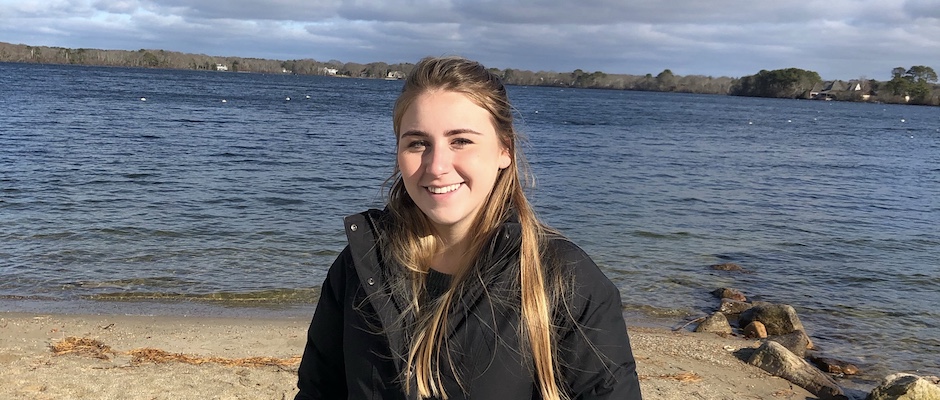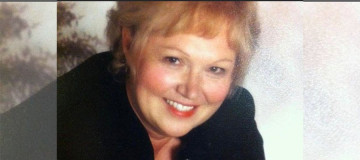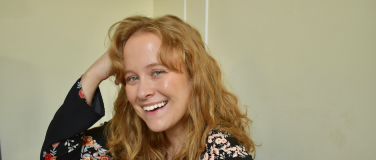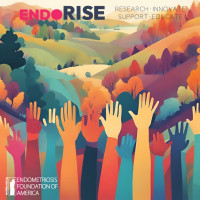
In January of this year, my roommate, Siobhan, walked into our apartment and found me on the floor. I was completely immobile, alternating between periods of screaming and an inability to speak due to pain. She encouraged me to go to the hospital, but I feared I was overreacting and insisted I was fine. After several hours, I finally decided to go. After an ultrasound and consultations with several doctors, I left the hospital with no answers. The doctors told me there was no proof of ovarian torsion as they had initially thought, and they told me to simply take Tylenol for the pain. I knew there was more going on; I was no stranger to this pain. I had seen at least seven doctors over the past few years, had been tentatively diagnosed with several conditions, had taken many ineffective medications, and had been to the emergency room two other times. I committed myself to finding answers and finally decided to see a specialist.
A few weeks ago, I had exploratory surgery and have been diagnosed with peritoneal endometriosis. Normally, I do not share things like this publicly, but in this instance I was compelled to do so because of how frustrating my journey has been. I cannot put into words how difficult this pain has been to manage and am actually brought to tears thinking of the physical, emotional, and financial difficulties that this condition has brought upon me, my family, and my friends.
My endometriosis had spread so far that the doctors removed my appendix and biopsied twenty-three lesions that were either active endometriosis or scar tissue that was impacting my everyday functioning. A year ago, my gynecologist had told me she highly doubted I had endometriosis because the pain was “not located properly” and instructed me to “avoid carbonated drinks” to manage my pain. My current doctor told me I had endometriosis within five minutes of my first appointment and remarked that if I hadn’t come to him, I would have seen twenty more OB/GYNs, and each would have misdiagnosed me.
Simply put, women’s pain is not adequately acknowledged in healthcare settings. Despite the fact that women’s healthcare experts were dispelling my suspicions that I had endometriosis, I was able to advocate for myself with a specialist simply because I had the financial means to do so (not to mention that I am a cis white woman, and transgender people and people of color have even more difficulty accessing adequate health resources). It infuriates me that so many women are unable to receive the same care that I was afforded, and therefore are unable to seek adequate treatment—despite the fact that endometriosis is so common. It affects about one out of ten women and people who menstruate, yet it is one of the most misdiagnosed conditions women face. My pain was absolutely treatable, yet it was ignored for so long that I began to question my sanity.
Women’s healthcare is healthcare. Reproductive education and access to contraceptives are integral at a moment when young women are becoming responsible for their own health. Women should feel comfortable advocating for their conditions without being labeled as dramatic, and medical professionals have a responsibility to listen to their patients without harboring bias. It is unbelievable that these statements are at all controversial, but my experience has taught me that neither is common practice.
I’ll end this on a personal note: I have learned throughout this exhausting process to always trust your gut when it comes to your own health. Over the course of several years, I stopped believing my pain was valid because so many doctors were quick to dismiss it as painful periods, gastric pain, or just a product of my environment. Only two doctors validated my suspicion, and both were family members of friends who saw me at my absolute worst. Both are women. Neither is a gynecologist.
Avery Orrall is a recent graduate of New York University currently living in Brooklyn. As a college student, she spent much of her time volunteering in hospital settings and educating high school students about mental and physical health. She also has a passion for women in STEM and served as president of her college’s mentorship program. Since graduating in 2020, Avery works as a medical assistant to specialists and primary care doctors in Manhattan and plans to continue giving back to the New York community throughout her career. She hopes her story will inspire others to persevere and advocate for their personal health.
Editor's note: Would you like to contribute to EndoStories? Click here to learn how to submit your work.
*Patient stories submitted to EndoFound.org are the views of the patient and not necessarily those of the foundation. All testimonials are from real patients, and may not reflect the typical patient’s experience, and are not intended to represent or guarantee that anyone will achieve the same or similar results.









